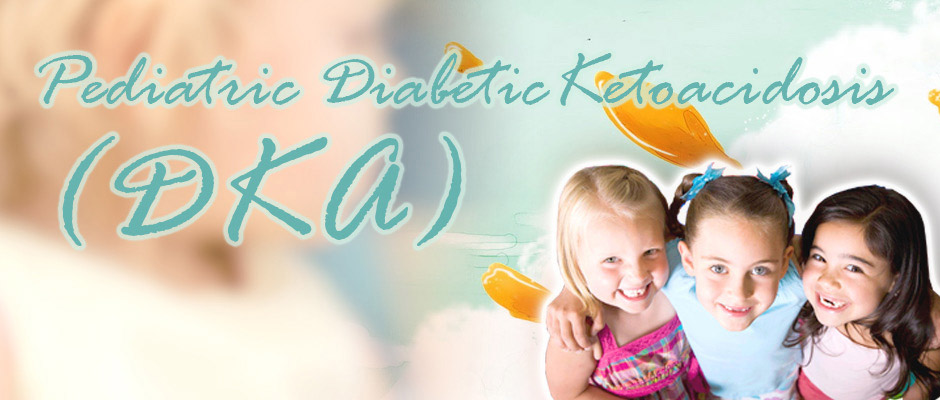Course Information
Pediatric Diabetic Ketoacidosis (DKA)

Pediatric diabetes is one of the most common chronic diseases in childhood. Children often have typical symptoms for many weeks or months leading up to the diagnosis and they are often seen by their family doctor in this early phase. Children with undiagnosed or pre-existing diabetes also may present with a severe complication called diabetic ketoacidosis (DKA) due to insulin deficiency. Insulin deficiency occurs in previously undiagnosed diabetes mellitus and when patients on treatment do not take enough insulin, either by deliberate omission or inadvertently. Patients who use an insulin pump can quickly develop DKA when insulin delivery fails for any reason because rapid acting insulin is used in pumps. This course will give physician learners an introduction to the early recognition of diabetes in children, as well as information on the recommended management of pediatric DKA.
After completing this Program, you will be able to:
- Recognize the signs and symptoms of Type 1 diabetes mellitus (T1DM) and diabetic ketoacidosis (DKA) in children and adolescents.
- Identify patients most at risk for DKA.
- Describe the existing clinical practice guidelines, statements, and treatment protocols related to pediatric DKA.
- Explain the risk of cerebral edema and how to prevent/address its occurrence.
- Summarize the national and provincial initiatives to prevent development of diabetic ketoacidosis (DKA) in pediatric diabetes
This course has been made possible through financial support from the Public Health Agency of Canada in the form of an educational grant.
Course Registration
You must have an MDcme.ca account and be logged in to register for this course
Credits
-
(up to) 2 credit hours
Expiry Date
This course expires on
Saturday, January 31, 2015
Mainpro-M1
This program meets the accreditation criteria of the College of Family Physicians of Canada and has been accredited by Memorial University of Newfoundland for up to 2 Mainpro-M1 credits.
Maintenance of Certification (Section 1)
This event is an Accredited Group Learning Activity (Section 1) as defined by the Maintenance of Certification program of The Royal College of Physicians and Surgeons of Canada, and approved by Memorial University of Newfoundland. Up to 2 Section 1 credit hours can be claimed.
Stephen Major MD, CCFP, FCFP
Noreen Fardy MD, CCFP
Patricia Mousmannis MD, CCFP, FCFP
Jennifer O'Dea MD, FRCPC,
Assistant Professor of Pediatrics, Memorial University

